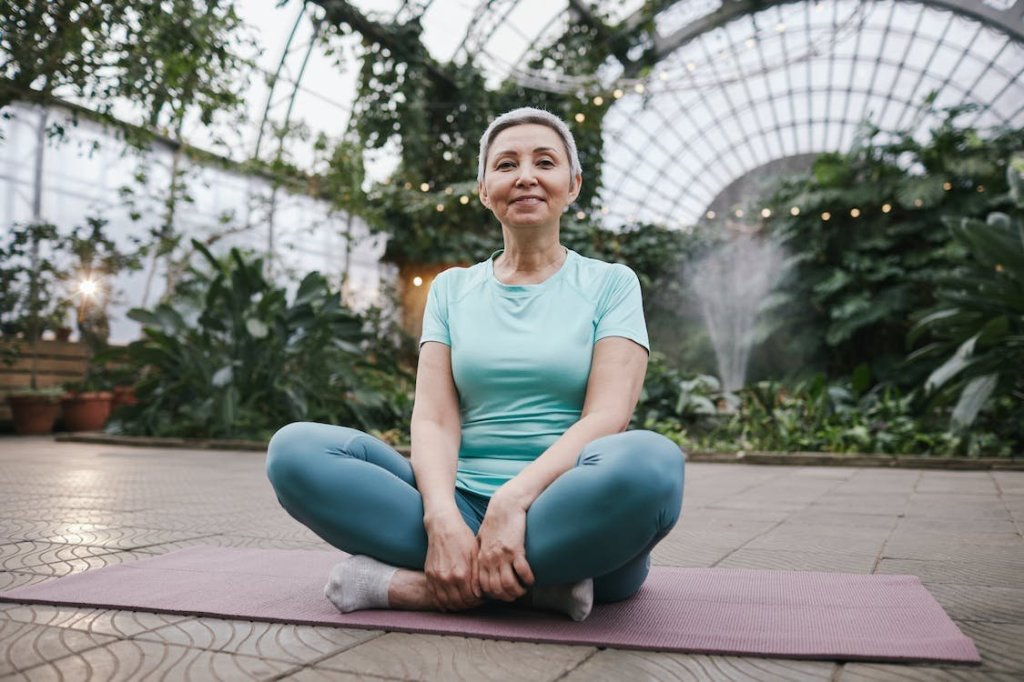Everyone wants to know how long they will live and there are many indicators that can show whether someone is thriving or on the decline. But people have yet to develop a magic formula to determine exactly how long someone should expect to live.
However, a doctor recently featured on the “Today” show says a straightforward test can reveal the likelihood that someone aged 51 to 80 will die in the near future. NBC News medical contributor Dr. Natalie Azar was on the “Today” show on March 8 and demonstrated how to perform the simple “sit to stand test” (aka sit-rising test or SRT) that can help determine the longevity of someone between 51 to 80.
The test is pretty simple. Go from standing to sitting cross-legged, and then go back to standing without using any parts of your body besides your legs and core to help you get up and down. The test measures multiple longevity factors, including heart health, balance, agility, core and leg strength and flexibility.
You begin the test with a score of 10 and subtract points on your way up and down for doing the following:
Hand used for support: -1 point
Knee used for support: -1 point
Forearm used for support: -1 point
One hand on knee or thigh: -1 point
Side of leg used for support: -1 point
A 2012 study published by the European Society of Cardiology found a correlation between the SRT score and how long people live. The study was conducted on 2002 people, 68% of whom were men, who performed the SRT test and were followed by researchers in the coming years. The study found that “Musculoskeletal fitness, as assessed by SRT, was a significant predictor of mortality in 51–80-year-old subjects.”
Those who scored in the lowest range, 0 to 3, had up to a 6 times greater chance of dying than those in the highest scores (8 to 10). About 40% of those in the 0 to 3 range died within 11 years of the study.
Azar distilled the study on “Today,” saying: “The study found that the lower the score, you were seven times more likely to die in the next six years.”
“Eight points or higher is what you want,” Azar said. “As we get older, we spend time talking cardiovascular health and aerobic fitness, but balance, flexibility and agility are also really important,” she stressed.
One should note that the people who scored lowest on the test were the oldest, giving them an elevated risk of death.
Dr. Greg Hartley, Board Certified Geriatric Clinical Specialist and associate professor at the University of Miami, told the Atlanta Journal-Constitution that we should take the study with a grain of salt. “Frailty, strength, muscle mass, physical performance—those things are all correlated to mortality, but I would caution everybody that correlation doesn’t mean causation,” he said.
And of course, the test doesn’t take into account injuries or disabilities that may make doing the test impossible. But one of the study’s authors says that the study is a call to take our mobility seriously.
“The more active we are the better we can accommodate stressors, the more likely we are to handle something bad that happens down the road,” Dr. Claudio Gil Araujo, told USA Today.
This article originally appeared two years ago.







































